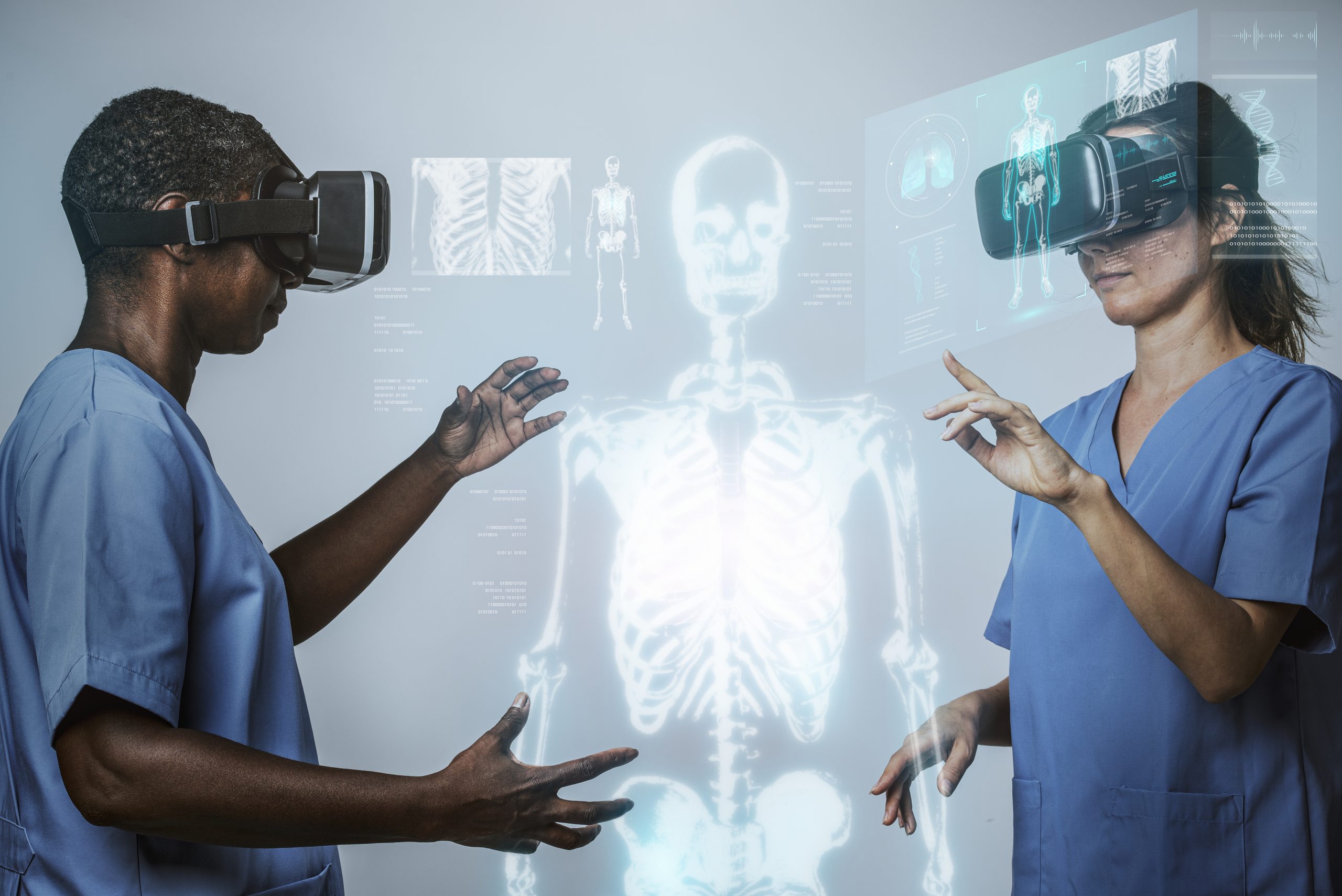The past decade has seen an explosion in digital health technologies that are transforming how we monitor, manage, and improve our health and well-being from wearable devices to smartphone apps to virtual care, new innovations are enabling more personalized, proactive, and efficient healthcare.
Wearable Devices
One of the most visible aspects of the digital health revolution has been the rise of consumer wearable devices like Fitbits, Apple Watches, and Oura rings. These devices allow users to track health metrics like physical activity, sleep, heart rate, and more. The data collected can provide valuable insights into overall wellness and prompt users to make healthier choices. Wearables integrated with smartphone apps and AI analytics provide customized health coaching and lifestyle recommendations for exercise, nutrition, stress management, and more.
Smartphone Apps
Mobile health apps have also surged in popularity for their convenience and ability to motivate healthier behaviors. There are thousands of apps that support medication adherence, chronic disease management, mental health, women’s health, fitness, and nutrition goals. People can access health coaching, social support groups, telemedicine visits, and AI-powered symptom checkers. Features like push notifications and progress tracking promote engagement. Startups and payers are partnering to make specialized therapeutic apps available through prescription.
Virtual Care
Telemedicine visits via video chat have become commonplace during the pandemic, demonstrating the viability and convenience of virtual care. People can access providers 24/7 online to address minor illnesses, get prescription refills, seek mental health support, or manage chronic conditions remotely. Digital symptom checkers can triage patients to appropriate levels of care. Remote patient monitoring via connected devices allows providers to track vitals and intervene earlier for those with chronic conditions. Virtual physical therapy, counseling, and home health support are other growing areas.
Precision Medicine
Emerging biometric technologies like genetic testing, microbiome tests, and continuous glucose monitors allow for more personalized healthcare and disease prevention plans tailored to an individual’s unique biology. Providers can use biometric data to create customized treatment plans or make more precise diagnoses. Users also get personalized insights on how their genetics and biomarkers impact diet, exercise, sleep, and medication responses.
While the digital health revolution holds great promise, there remain barriers to widespread adoption and equitable access across income levels and geographic areas. As tech companies and healthcare organizations work to improve the usability, accuracy, evidence-basis, and integration of these tools, they have immense potential to make healthcare more proactive, personalized and patient-centered.
